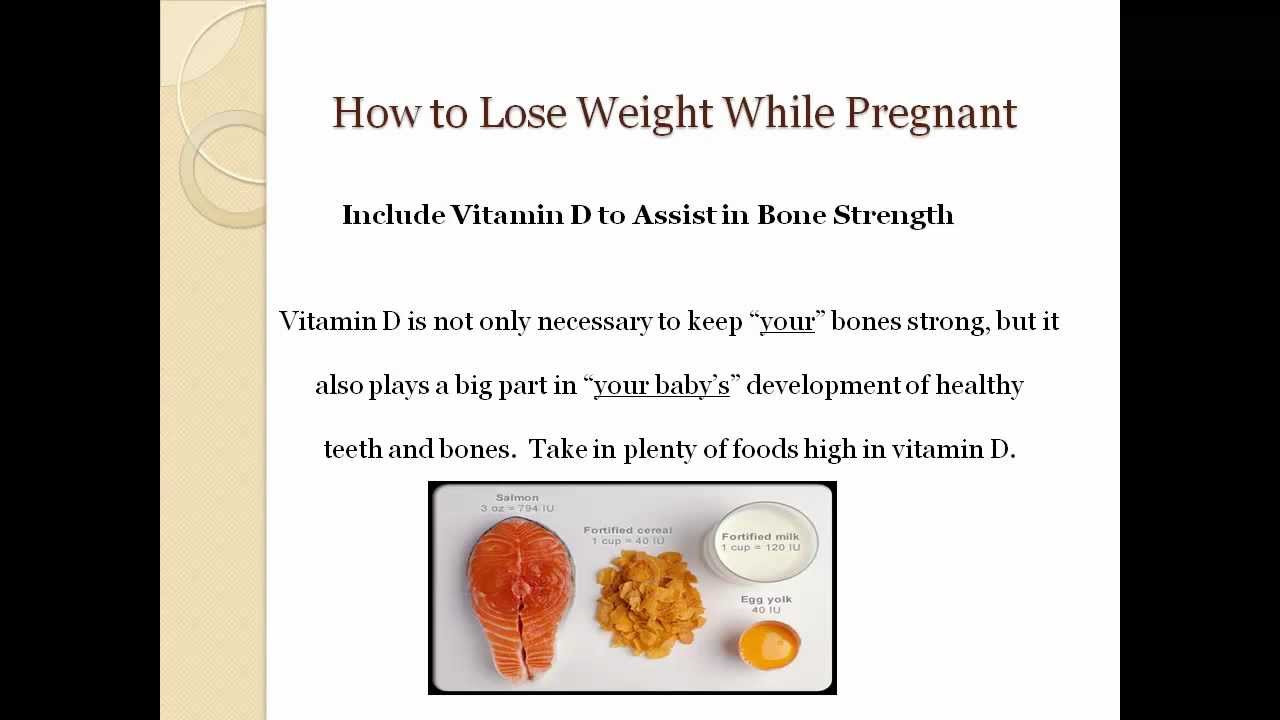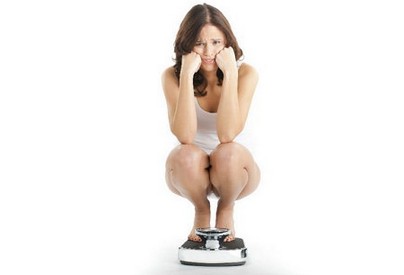Losing Weight During Pregnancy

Contents:
Is it Ok to Lose Weight in Pregnancy?
It is believed that the expectant mother should gain weight throughout the pregnancy. However, there is a normal amount of weight that the woman should gain at each term. In total, the woman should normally put on 10-15 kg, although this figure may vary. For example, the woman can lose some weight during the pregnancy.
What is the reason for the weight loss during the pregnancy? What is normal and what is not? How it may affect the health of mother and baby? Let’s try to understand the causes and evaluate the results to decide whether it is necessary to raise alarm.
The First Half of Pregnancy
If the pregnancy is healthy, the woman comes to see the doctor once a month until the 28th week and twice a month after this term. The baby's health is worth suffering inconvenience and visiting the doctor regularly. In addition to the necessary tests and other studies, the doctor weighs the expectant mother, and recommends monitoring the weight and homing too.
You should weigh yourself in the morning, in the same clothes — to make it possible to compare the figures. The first 8-9 weeks of pregnancy, the woman does not put on weight, and it is easy to understand why. Toxemia, vomiting, sometimes diarrhea, loss of appetite, increased salivation are the usual symptoms of the first trimester of pregnancy. During the first three months, the woman can gain only one or two kilograms, or even lose weight.
In case of strong toxemia and vomiting more than 4 times a day, the water-salt metabolism is disturbed, which affects the health of both mother and baby, as the fetus can’t receive nutrients from the dehydrated mother’s body. In this case, it’s necessary to see the doctor or even to stay at hospital. In hospital, the woman will receive proper treatment.
However, you shouldn’t worry: a small weigh loss during the pregnancy is admissible. The pregnant woman shouldn't be nervous, especially because her anxiety may provoke the weight loss. You need to weigh yourself regularly, at least once a week. Put the figures down in a diary. It is also recommended to track what you have eaten to analyze the results and draw conclusions. Even in case of strong nausea and appetite loss, it’s necessary to provide the baby with nutrients. You’d rather have some cottage cheese and fruit than a piece of pie, as well as a small slice of boiled meat is better than three sausages. The quality of the food is more important than its quantity for both mother and baby.
The Second Half of Pregnancy

In the second half of pregnancy, the woman begins to put on weight. It is important to gain weight gradually. If woman gains weight, it means that the baby is developing normally. However, the weight loss is not always alarming. The baby can develop normally at the expense of resources accumulated in the mother’s body.
If the weight loss is significant, you should inform your doctor. He will assess your state of health, track your day regimen and diet, and give necessary recommendations. Routine blood and urine tests, ultrasound, CTG, Doppler scan and other ordinary studies will show whether the child is developing normally and the placenta is functioning correctly. That is why the expectant mother should see her doctor regularly.
The rapid weight loss releases ketones (they increase acetone levels in the blood, which affects the baby’s brain development). Ordinary tests can show acetone levels. That is why it is so important to inform your doctor about your weight fluctuations. A disease or a stress can cause weight loss. In this case, the elimination of the cause will solve the problem. If the doctor says that the tests’ results are normal, it means that you have nothing to worry about.
Conclusions
Even if the pregnant woman eats a lot, she can lose weight. Malnutrition during the pregnancy is one of the causes of the weight loss. The pregnant’s weight depends not only on how much the woman eats, but also on the quality of the food. The pregnant should eat enough food rich in vitamins and microelements.
Firstly, a small weight loss should not worry the pregnant woman. You should to weigh yourself and keep a diary to track weight increase or reduction, and your diet. If a problem arises, these records will help you to determine its cause.
Secondly, pay regular visits to the doctor and take tests. Don’t hesitate to ask the doctor questions. The task of the doctor is to do everything to preserve the health of both mother and baby. Don't be afraid of hospitalization: this unpleasant period will go away quickly, and your baby will be healthy.
Thirdly, take care of the diet: the food should be balanced and rich in vitamins and microelements. Food quality is more important than its quantity.